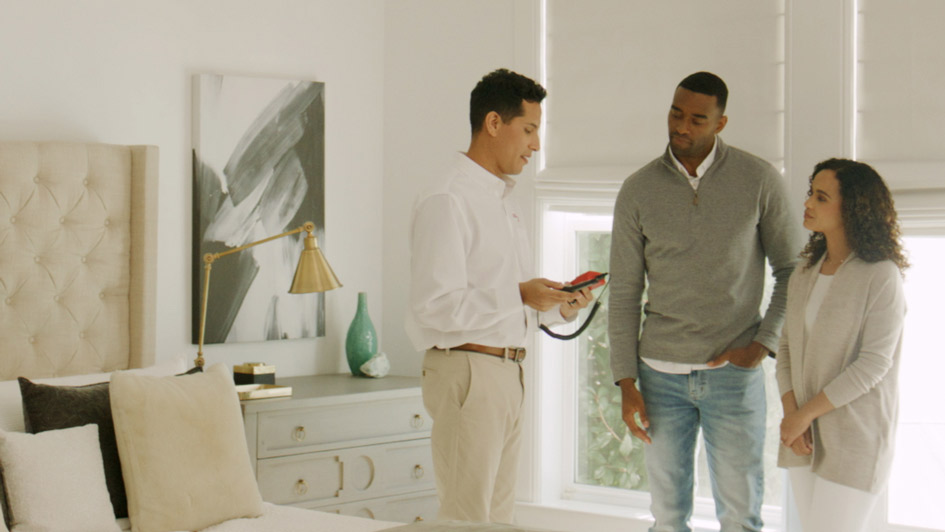
Even when temperatures are ideal indoors, some homeowners notice their sense of comfort does not feel whole. The usual reason is poor indoor air quality, with allergens and airborne debris stirring up all sorts of problems. From triggering asthma to fostering mold, improving air quality should be considered an important part of your overall HVAC plan.
Fortunately, there’s a solution at hand. Whole-house air purifiers can filter out these troublesome particles, providing better health and well-being. And as the name points out, they’re capable to do so for the whole house! Air purifier installation from Phelps Heating & Cooling, Inc. could be just what you need to address those frustrating comfort problems.
But wait, aren’t there portable air purifiers you can use instead? Even though the principle is the same Is the Better Investment
Cost can be a thorny obstacle, and many homeowners see the much smaller price tag of a portable air purifier as a key plus. But if your ultimate goal is optimal air quality all year long, the strength of whole-house air purification becomes clear:
- One unit covers the entire house: You won’t have to drag a portable purifier around from room to room since whole-house models are powerful enough to filter out pollutants across your entire home.
- Much more cost-effective for long-term use: Rather than relying on numerous portable air purifiers, a single, whole-house air purification system protects air quality all by itself. This dependable air filtration also prevents dust and debris from getting into the rest of your HVAC system, which in turn can boost the efficiency of your other climate control products.
- Reduced upkeep needs due to fewer filter clogs and lower pollution levels: Clogged air filters are one of the most common reasons you notice problems with your HVAC system’s performance. Air purifiers help keep these filters from clogging to begin with thanks to their own filter designs. For example, air purifiers with a HEPA filter give you access to some of the best air filtration for residential properties.
For a Typical Household, Look for MERV Ratings Around 8
The Minimum Efficiency Rating Value (MERV) system was developed to help homeowners make informed decisions about the degree of air filtration they’re installing. While high MERV ratings mean more filtration, that isn’t necessarily something your average home demands.
The scale is rated all the way to 20, but this is unnecessary outside of specialized facilities like the surgery theater in a hospital. For standard residential use, a MERV rating of 8 is usually adequate. The air quality experts at Phelps Heating & Cooling, Inc. can help you determine precisely which option will adequately fulfill your needs.



